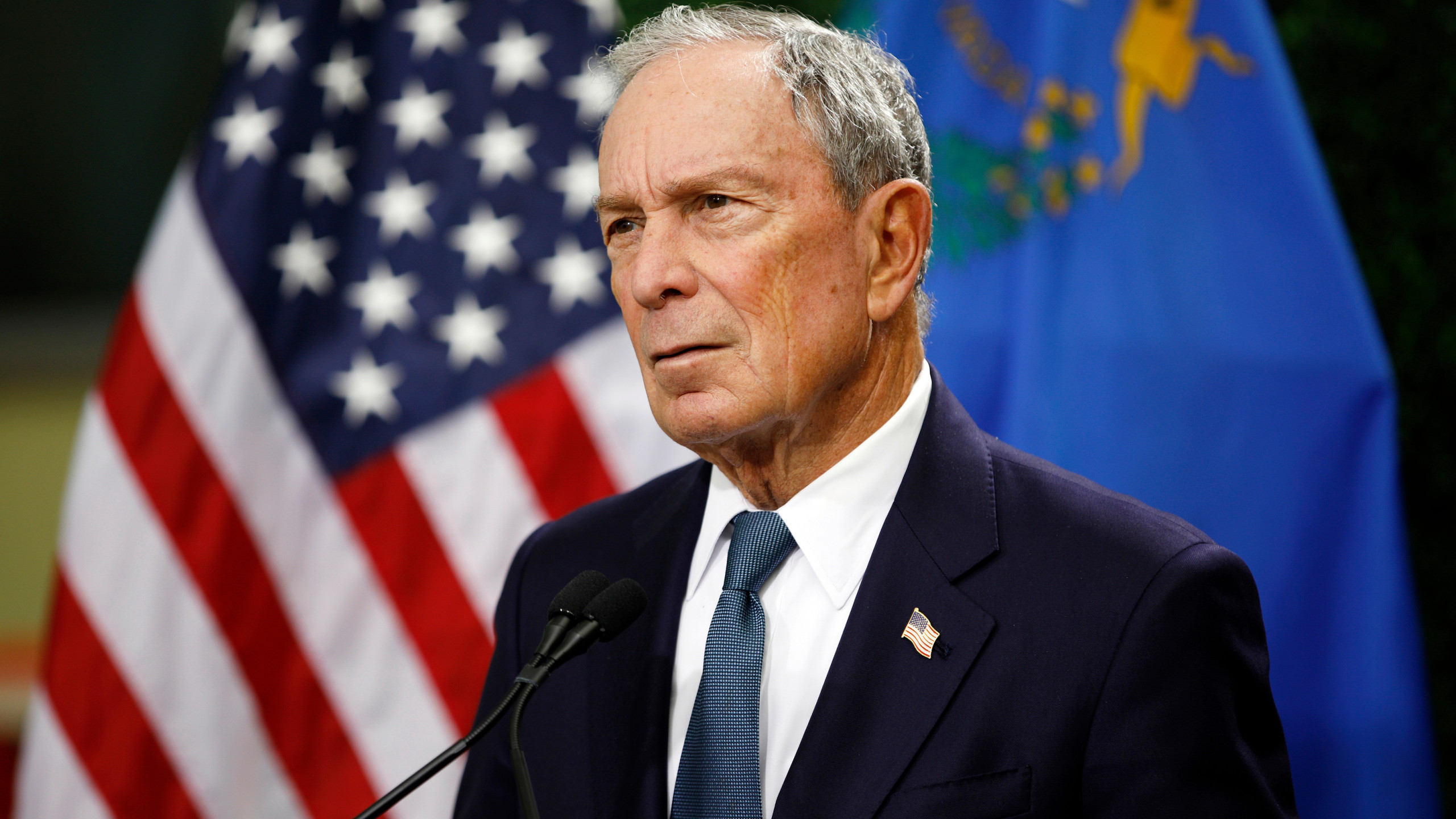Tom Steyer must be lonely on that debate stage being the only one with a net worth well north of a billion dollars so he’s bringing some friends along. In response to what he sees as an “unprepared” field to defeat President Trump, former New York City mayor Michael Bloomberg is reportedly preparing to launch a presidential run and actively join the 2020 Democratic primary.
Reports indicate that Bloomberg hasn’t officially made up his mind yet, but he is actively taking steps that indicate he is much closer to launching a campaign than deferring at this point:
Mike Bloomberg, the billionaire former mayor of New York, is preparing to enter the Democratic presidential primary, according to NBC News, which cited a Bloomberg advisor.
The move didn’t necessarily mean Bloomberg, 77, was announcing a campaign, a source close to Bloomberg told NBC News. Rather, this source said, he’s doing this to keep his options open. Bloomberg is “troubled” by what he has seen in the Democratic field, the source added.
“He’s still not sure,” a source told CNBC. This source also said these are “unprecedented times” and that Bloomberg is concerned about what he’s seeing both from Democrats and President Donald Trump.
The big question: Why? Why would Bloomberg see a massive field of Democratic candidates and believe to himself that he is the missing option voters are craving?
According to a statement released by an advisor, Bloomberg “is increasingly concerned that the current field of candidates is not well positioned to” defeat President Trump.
Bloomberg’s story is so similar to his billionaire counterpart in the race, Tom Steyer, that it’s unclear why there is a need for another “outsider” wealthy candidate in the campaign. Bloomberg would be entering a primary which is filled with popular candidates bent on waging class warfare against the ultra-wealthy.
Some conservative groups aren’t taking the news lightly considering Bloomberg’s deep pockets and his pet project of gun control:
BREAKING: NYC billionaire Michael Bloomberg is “actively preparing to enter the Democratic presidential primary and is expected to file paperwork this week.”
Bloomberg bought Virginia on Tuesday and now he wants to buy America. His goal is to destroy #2A.https://t.co/Ls9z8OMDcV
— NRA (@NRA) November 7, 2019
Perhaps the National Rifle Association firing a warning shot (forgive me) toward Bloomberg’s candidacy gives him a feather in his cap despite his wealth being a hindrance in a progressive field. He couldn’t have written a tweet any better as “proof” that he and he alone scares groups like the NRA, a frequent target for Democrats in a quest to enact stricter gun laws.
Bloomberg has another problem, though, beyond his wealth. He used to be a Republican:
Bloomberg had been a registered Republican and independent, as well as a Democrat. He re-registered as a Democrat a month before the party took back the House of Representatives in the 2018 midterms.
The New York Times reported Thursday, citing people briefed on the plans, that Bloomberg was working on entering at least one Democratic presidential primary and potentially the overall race for the chance to take on Trump, 73, in 2020.
His politics in recent years bend very liberal, though his “pragmatic” business-like approach still remains, and won’t sit well with progressives in the base of the party looking for a candidate to push the envelope like Bernie Sanders or Elizabeth warren. Furthermore, would Democrats trust him given his prior affiliations? Bloomberg is much more closely align with Joe Biden in terms of his approach, though maybe sits further left on some issues.
Speaking of Warren and Sanders, both campaigns took notice:
Welcome to the race, @MikeBloomberg! If you're looking for policy plans that will make a huge difference for working people and which are very popular, start here: https://t.co/6UMSAf90NT
— Elizabeth Warren (@ewarren) November 7, 2019
Bernie’s campaign, via a spokesman, said, “More billionaires seeking more political power surely isn’t the change America needs.”
There’s still a good chance that Bloomberg passes, but it seems like he’s getting his toe pretty deep in the water. With deadlines coming up for candidates to be on the primary ballot next year, specifically for some Super Tuesday states, his time is running short:
One advisor told the Times that Bloomberg had not made a decision, but he has sent aides to Alabama, which has a Friday deadline for candidates to enter the race.
Along with California and Texas, Alabama is one of the states scheduled to vote on the pivotal “Super Tuesday” primary day March 3 next year. The Iowa and Nevada caucuses and the New Hampshire and South Carolina primaries are scheduled for February.
Bloomberg’s immediate disadvantage will manifest itself by his absence from the debate stage. He won’t be on stage for November or December but might make one early next year if he sticks around and somehow gains some traction.
He’ll be able to make up for his debate shortcomings, to an extent, by using his personal fortune to run ads and let voters know he’s running.
That strategy worked for Steyer, why can’t it work for Bloomberg?
Donate Now to Support Election Central
- Help defend independent journalism
- Directly support this website and our efforts
